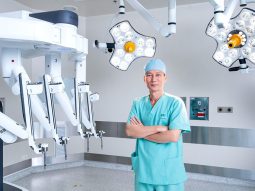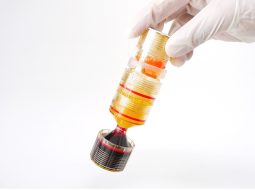Currently, many healthcare facilities have created a cooperative network between hospitals and doctors in order to advance their professional strengths. FV was the pioneer adopting this model since 2005. This brought development and many advantages and unique points to provide patients comprehensive medical services with international quality standards. While the Business Development team that plays the key role in expanding cooperation within the medical community, the Liaison Office is the central service to coordinate and connect the medical community and FV hospital in addition to other liaison work. However, the work of this department does not stop at the coordination of the medical cooperation programme, but includes a broader array of tasks.
Focusing on a specialisation, yet also multitasking to support the hospital.
The Liaison Office, as its name suggests, has the main task of creating connections and communicating with different stakeholders for the examination and treatment at FV. The stakeholders include FV doctors; doctors not affiliated with FV; departments at FV, especially our clinical department; patients from the cooperative medical networks sent to FV for treatment; the abroad patients; etc. Furthermore, they also work with individuals and agencies that bridge these audiences, all within the scope of the Liaison Office.
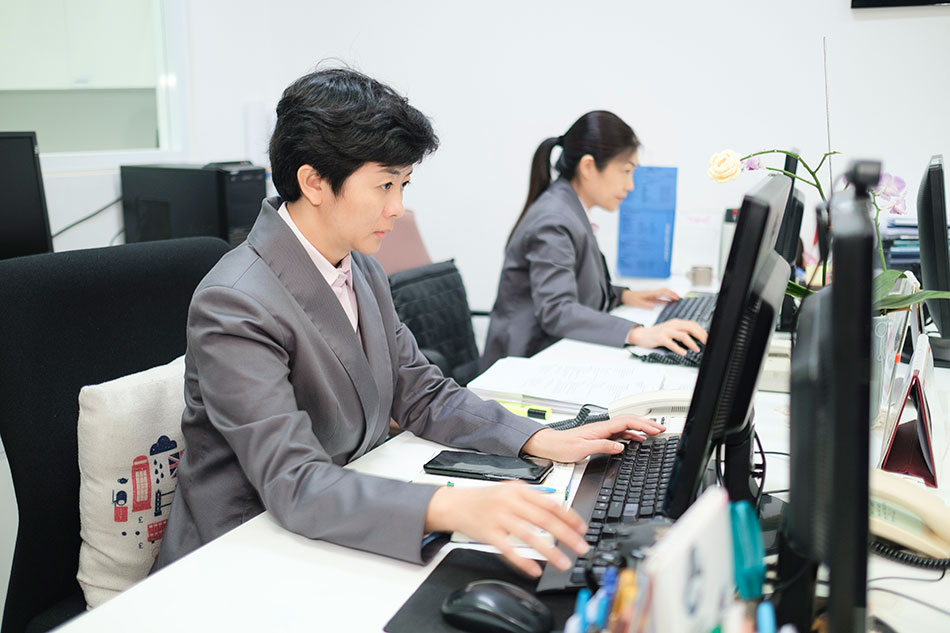
Each member at the Liaison Office is in charge of a separate area
The main work at the Department focuses on three groups: doctors, healthcare facilities and patients. The Liaison Office cooperates with the Business Development Department to implement the cooperation programme for doctors and healthcare facilities outside FV (AD (associate doctors), ED (external doctors), RD (referring doctor)); arrange consultations with doctors outside of FV; as well as support in recruiting new doctors for the hospital. For patients, the department currently manages the travel and treatment service. They also support the Phnom Penh office and patients from Cambodia and support patients to get treatment at partner hospitals, for example in Singapore.
With 11 members, the Liaison Office is divided into three groups including: office group (coordinator), professional support group with 2 doctors, and interpreter group – connected to Cambodia office (4 interpreters of Khmer language). Ms Nguyen Tra My (Liaison Office Manager) said: “Due to the nature of the job, each individual here is trained to become an expert in their job, but when needed, we still support other functions in certain tasks”.
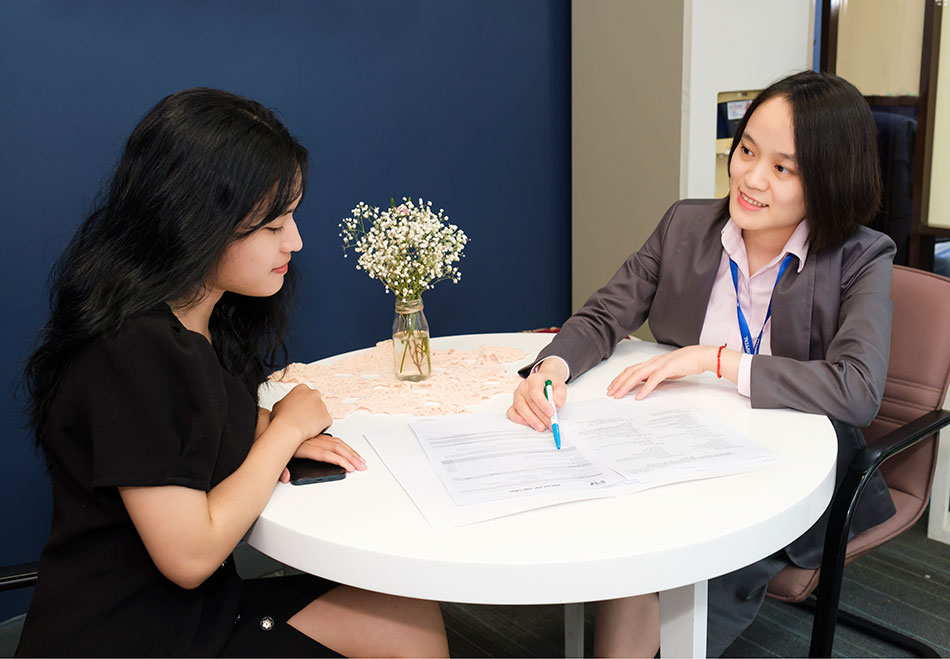
Ms Tran Thi Thuong (right) is providing advice for the patient’s transfer process at FV
The atmosphere here is continuously busy with the sound of phones and consultations via web, phone and face to face. Regarding communications, the difficulty is ensuring consistent information to obtain certain agreement. This not only depends on thoughtful communication, but each employee must clearly understand the relevant policies and procedures to create the best conditions for doctors in the cooperation network, and for their patient coming to FV. Ms Tra My said, for example, the staff at the Liaison Office need to clearly understand the process, the medical supplies for the surgery over many different specialties, and even the familiar equipment that each doctor will need to be well-prepared before the surgery.
In medical expertise, the Liaison Office also has the direct support from two Associate Doctor/ External Doctor Assistants (AD/ED Assistants) in the two specialties of Obstetrics and Gynaecology and General Surgery. The key role of these doctors is to help collaboration between doctors so they can easily facilitate the process at FV, not only for patient safety, but also to ensure legal and professional standards for doctors.
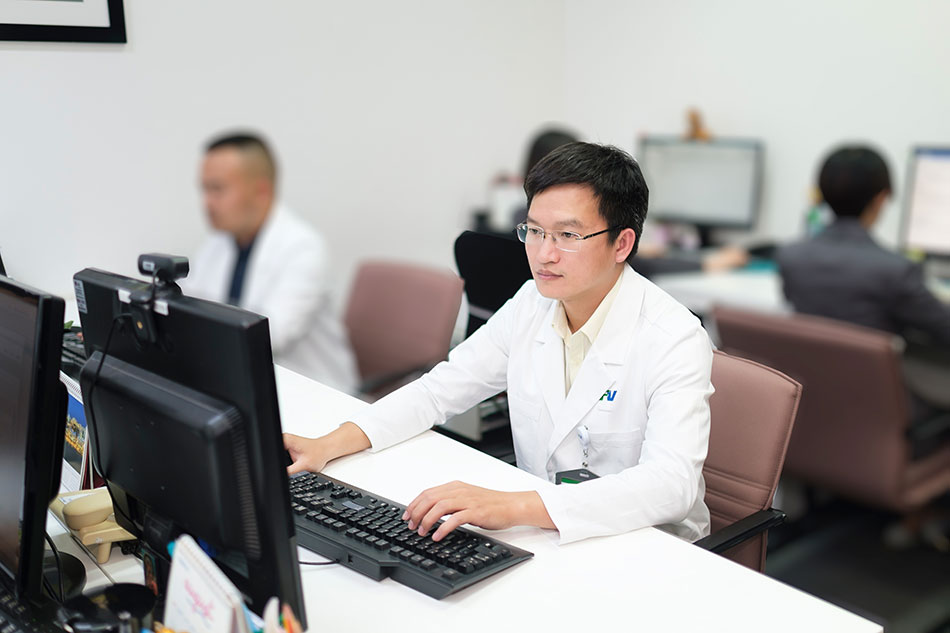
Dr Tiem said that supporting AD/EDs to adapt to the working process and culture at FV is one of the important tasks.
Beside the medical professional support such as surgical assistants, doctors at the office also help manage medical records on ORION, help document the examination and monitoring patients before and after performing procedures/surgeries at FV. This helps outside doctors feel more secure when choosing to cooperate with FV. At the same time, it also creates a close and consistent professional connection between doctors and patients, bringing treatment safety and effectiveness.
A good medical connection will increase the success rate of the patient’s treatment
This is a challenging job that requires flexibility and many core skills, including communication to coordinating many activities and people. However, the biggest challenge for staff at the Liaison Office is how to create a good connection between the medical community and FV, as we operate a hospital with quite a different culture and work processes.
Doctors who have never worked with FV, and patients who are referred here for the first time, will generally encounter some difficulty with the operation of the hospital. Many strict regulations, such as meeting safety requirements in patient care according to JCI, operating theatre scheduling, operating theatre procedures, and regulations on completing medical records, can be barriers. It can be frustrating and stressful for cooperating doctors at first, but usually things get easier as time goes on.
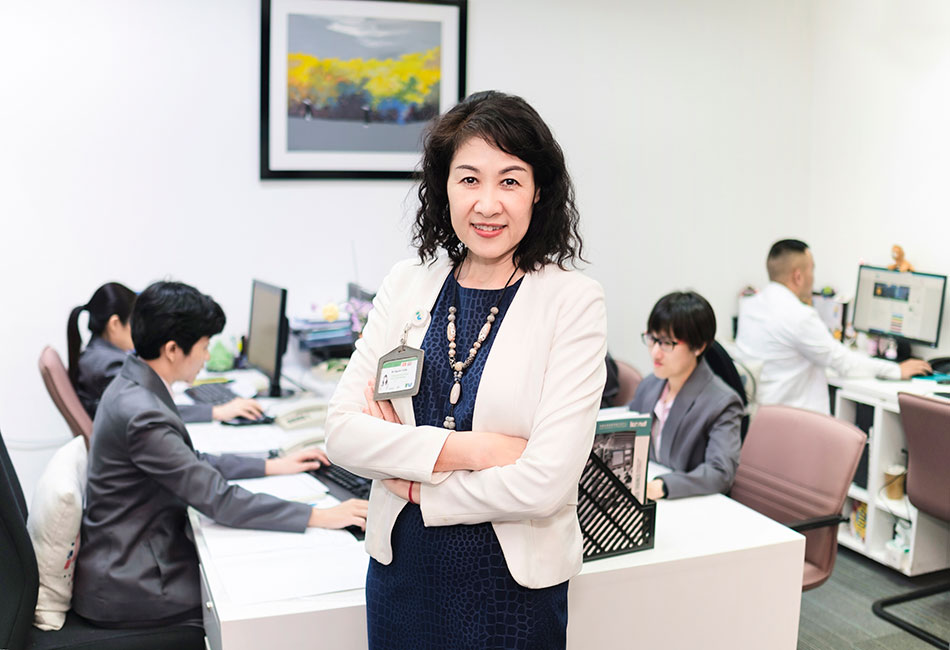
Ms Tra My is proud to work with a professional team and has devoted many years to FV
Most of the members at the Department encourage “partners” towards the process that FV has built and developed over the years. The core value is to maintain safety for both parties and effectiveness in treatment. “So most doctors have a little hard time cooperating with us at first, but later on, it’s those strict patient safety procedures that are one of the reasons why doctors choose to stay with FV”, Ms My emphasises.
The Dutch ophthalmologist, Dr J.D. Ferwerda, was particularly impressed with FV’s collaborative arrangement. “I chose to cooperate with FV because their facilities are very good. Besides, in an ophthalmic surgery, especially for young children, they (FV) are willing to invite experts from other places if internal expertise does not ensure enough safety for the patient. I think that’s the most important thing”, Dr Ferwerda shared.
“Every necessary thing is prepared by the Liaison Office to facilitate my work. Sometimes there are tasks that are beyond their job, but they don’t hesitate to support“, Dr SLI. Nguyen Minh Duc (AD for the Department of Neurosurgery and Endovascular Neurosurgery) said.
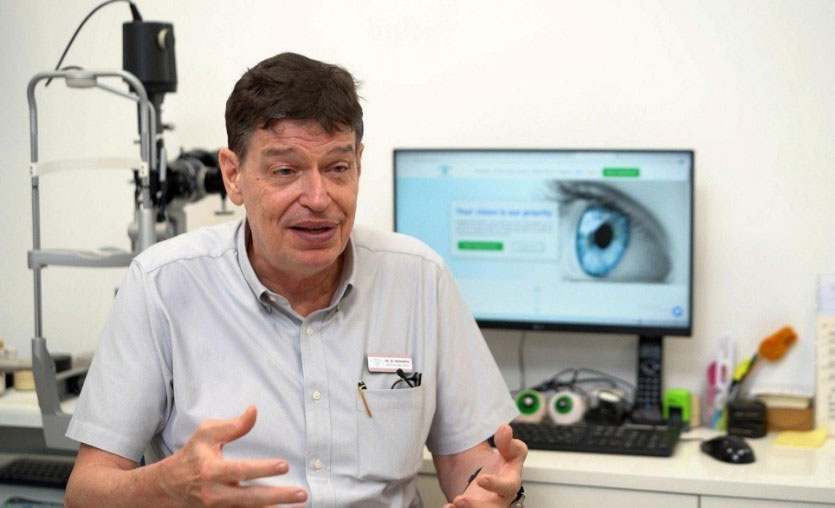
Dr Ferwerda highly appreciates the working process and cooperation at FV
To maintain good relationships with such important partners, in addition to “arranging” the work within the scope of the department, they also rely on many different departments such as the Medical Department, Operating Theatre, Outpatient Department – OPD, Inpatient Department – IPD, Patient Finance & Insurance Department, Front Office, Hospital Admission, Business Development Department, Human Resources Department, and Finance Department. Our strategies and policies that support these activities also play an important role. “Perhaps FV is a rare hospital, or maybe, the only hospital, in the South that spends a large amount of money to provide professional liability insurance for doctors, including cooperating doctors”, Ms My added; that is partly FV’s commitment to providing maximum professional support and working conditions for their medical staff.
The Department also tries to create the best working environment for cooperative doctors to connect with the working style and expertise between both parties. Ultimately, the cooperation brings safety and integrated medical treatment for patients. Every activity at the Liaison Office requires flexibility, perseverance combined with sophistication. Over time, it creates the real value for patients and builds trust in the medical community.

 Vi
Vi 
